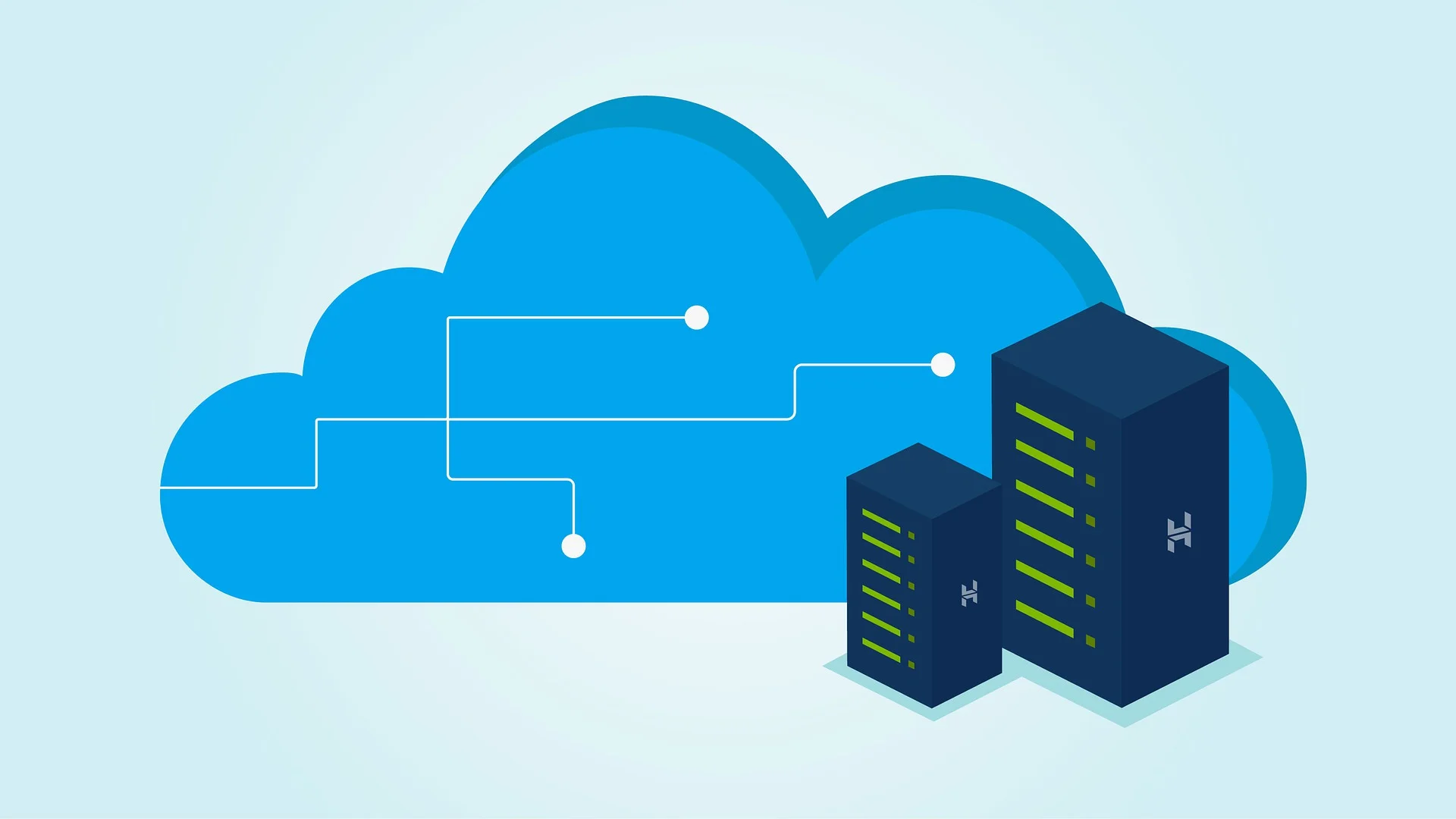Within the virtual environment, CCaaS has become an indispensable tool for businesses to enhance customer engagement. As organisations increasingly adopt Contact center as a Service solution, the importance of safeguarding customer data in the cloud cannot be overstated. So, this article delves into the critical aspects of CCaaS security, shedding light on how businesses can protect valuable customer information while using these services.
Enhancing Customer Engagement
CCaaS platforms provide businesses with a scalable and flexible solution to manage consumer interactions efficiently. They offer features such as omnichannel support, analytics, and automation, improving customer service and satisfaction. These capabilities empower organisations to deliver personalised experiences and gain valuable insights into consumer behaviour. However, as more data is processed and stored in the cloud, security concerns arise, necessitating a proactive approach to ensure the confidentiality and integrity of customer data throughout its lifecycle.
Read Also About Cloud Migration Services
Securing Customer Data
Robust Authentication Measures
Implementing multi-factor authentication (MFA) is imperative to ensure that only authorised personnel access CCaaS platforms. So, adding this reduces the risk of unauthorised access and data breaches. Additionally, this helps build trust with your consumers, knowing that their data is well-protected.
Encryption Protocols
Advanced encryption protocols are essential for protecting data in transit and at rest. Transport Layer Security (TLS) and encryption algorithms guarantee that sensitive customer information remains confidential. Therefore, this encryption ensures that even if data is intercepted, it remains indecipherable to malicious actors.
Access Control
Employing strict access control policies limits access to sensitive data to only those who need it. By defining roles and permissions, organisations can maintain control over who can view or modify sensitive information. Restricting access minimises the chances of accidental data exposure.
Regular Security Audits
Regular security audits and vulnerability assessments are crucial to promptly identify and mitigate potential risks. It helps in staying one step ahead of potential threats. Audits also provide opportunities to fine-tune security measures for better protection.
Compliance with Regulations
Adhering to industry-specific regulations like GDPR, HIPAA, or PCI DSS is non-negotiable when dealing with consumer information. Compliance ensures that organisations follow best practices for data protection. Moreover, it demonstrates a commitment to ethical information handling, which can enhance an organisation’s reputation.
Maintaining Service Continuity
Redundancy and Failover Mechanisms:
To ensure uninterrupted service, CCaaS providers should have redundancy and failover mechanisms in place. This safeguards against downtime caused by hardware failures or network disruptions. Therefore, these mechanisms guarantee that customers can access services without disruptions.
Disaster Recovery Plans:
Creating robust disaster recovery plans guarantees that information can be recovered quickly in case of unforeseen events, minimising business disruptions. Having a well-tested disaster recovery plan instils confidence in customers and partners alike.
Handling Security Incidents
Incident Response Plan:
Every organisation should have a well-defined incident response plan in case of a security breach. It outlines the steps to take when a breach occurs, from containment to recovery. Therefore, an efficient incident response plan minimises damage and helps organisations recover faster.
Regular Training and Awareness:
Training employees to recognise and report threats is an essential part of CCaaS security. Keeping staff informed about the latest security practices can prevent potential breaches. Regular training sessions contribute to a culture of security consciousness.
Conclusion
Where digital transformation drives the environment, the Contact center as a Service solution has become integral to business operations. However, ensuring the security of customer information in the cloud remains a top priority. By implementing robust security measures, maintaining service continuity, and having a solid incident response plan, businesses can leverage CCaaS while safeguarding sensitive customer information. CCaaS security is not just an option; it’s necessary today to promote trust and confidence among customers and stakeholders.
Also Read: Small Business, Big Impact: Choosing the Best Accounting Software
